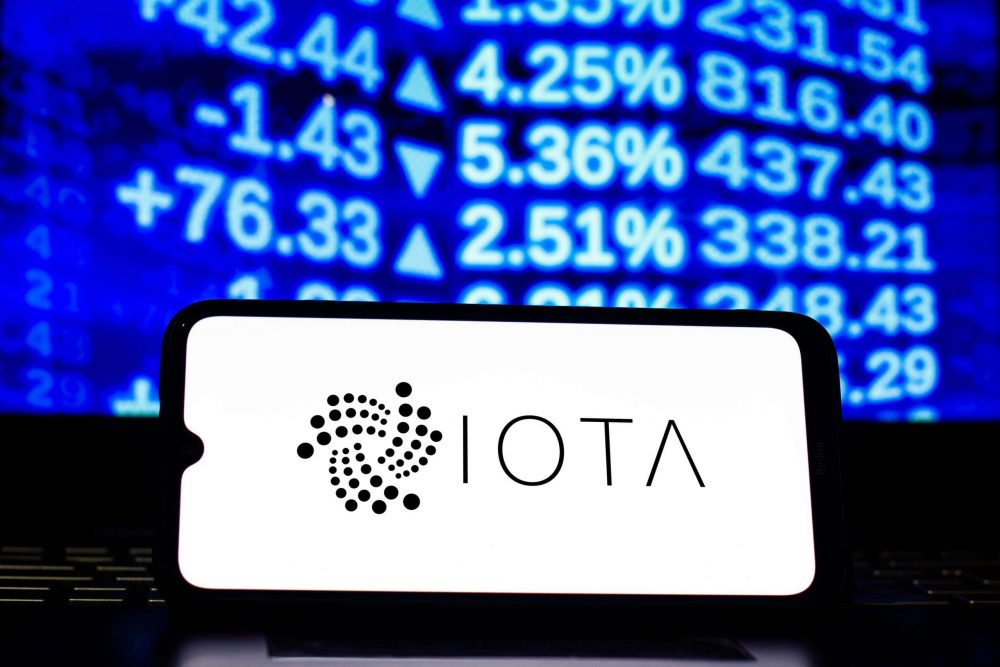The US Securities and Exchange Commission (SEC) announced new exemptions on July 11. These exempt banks and brokerages from including customers’ crypto assets on their balance sheets. This regulatory easing, however, is conditional on one crucial requirement: Financial institutions must demonstrate the ability to effectively manage the risks associated with digital assets.
Details on SEC’s Crypto Asset Report Review
According to reports from Bloomberg, the US SEC has started issuing guidance clarifying that some crypto-related arrangements may not be classified as liabilities for reporting purposes in financial statements.
Above all, this change is quite significant for large banks that have been in consultation with the SEC since 2023. These institutions were granted conditional approval to avoid the reporting requirement, contingent on their ability to ensure the protection of client assets in bankruptcy scenarios.
The SEC’s recent decision to ease rules on crypto asset reporting comes two years after the introduction of its controversial SAB 121 guidance. The guidance sought to increase transparency and risk management in the dynamic cryptocurrency landscape.
Several large banks have got the green light from SEC staff to bypass strict balance sheet reporting requirements on crypto by ensuring their customers’ assets would be protected in the event of a bankruptcy or failure, per @Aiacone https://t.co/6lyELKnOeu
— Emily Nicolle (@emilyjnicolle) July 11, 2024
Under SAB 121, custody obligations would be required to be recognized as liabilities on balance sheets, accompanied by detailed disclosures about the associated risks.
However, the implementation of SAB 121 was not without controversy. Industry stakeholders viewed the regulation as an overreach of the SEC’s authority, claiming that it imposed undue burdens on businesses and hampered innovation.
Critics further argued that the regulation failed to clearly distinguish between cryptocurrencies on public blockchains and traditional assets on permissioned blockchains, thus complicating compliance efforts.
Congressional Pressure on SAB 121 Precedes SEC Reporting Exemptions
SEC has announced new exemptions for cryptocurrency reporting amid ongoing pressure from Congress to revise accounting bulletin SAB 121.
On May 16, the U.S. Senate voted to repeal the Bulletin Board. Although the resolution, H.J. Res. 109, received support from a majority of senators (60 in favor, 38 against), the effort was not enough.
A few weeks later, President Joe Biden vetoed the resolution, defending SAB 121 as a reflection of the “considered technical judgment” of SEC staff. He argued that revoking the bulletin would weaken the regulator’s ability to address emerging challenges and risks within the cryptocurrency market.
On July 11, the House of Representatives attempted to override the President’s veto, but failed to reach the necessary two-thirds majority, with a vote of 228 in favor, 184 against, and 21 abstentions. However, on the same day, the SEC announced its new exemptions for cryptocurrency reporting by banks and brokerages.
The unexpected move raised questions about whether the SEC was adjusting its approach in response to ongoing pressure from lawmakers advocating for a more flexible regulatory framework for the crypto industry.
Fox journalist Eleanor Terrett, for example, speculated that the exemptions could be a direct result of lobbying efforts by Congress, which has been actively advocating for adjustments to cryptocurrency regulations.
- Virtual Protocol Price Analysis – January 2, 2025 - January 2, 2025
- 🚀 Bitcoin Price Analysis – December 31, 2024: “Sliding into the New Year with Style (and Volatility)” 🎢 - December 31, 2024
- MicroStrategy Expands Bitcoin Holdings with a $209 Million Purchase and Michael Saylor Surprises with Positive Remarks on Ethereum 🚀💬 - December 31, 2024
























